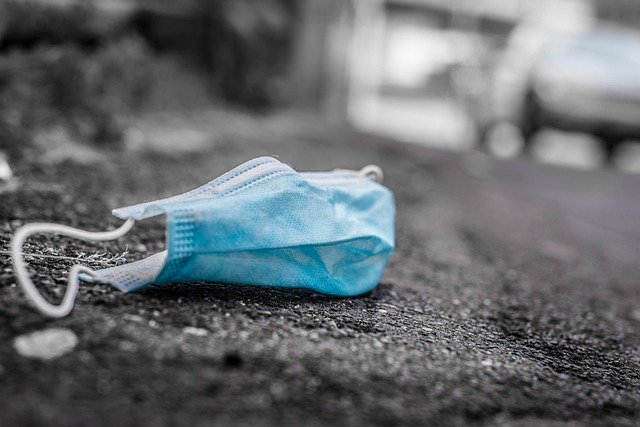Rose Bruford College Overcomes Challenges of Brexit and COVID with over Thirty European Theatre Arts Students on Placement Abroad

Rose Bruford College (@rosebruford), one of the UK’s leading theatre and performance institutions, is pleased to announce that – despite the combined challenges of Brexit and the pandemic – over thirty students on its world-renowned European Theatre Arts Programme are now successfully on placements in Spain, Germany, the Czech Republic, and France.
Students were due to travel in January 2021, but the surge in coronavirus cases in the UK and Europe and ensuing lockdowns meant plans were delayed. Other obstacles included extra costs for enhanced testing, due diligence around insurance regulations and navigating each partner country’s individual visa and covid security regulations and bureaucratic requirements.
Rose Bruford College has a very high percentage of students undertaking placement abroad or on its UK campus, and. in 2018 was recognised as one of the Top 25 performing universities for student mobility in the world . After a successful bid for two years’ Erasmus funding in 2020, which enabled it to continue funding and supporting the cross-border collaboration and learning, Rose Bruford College intends to continue to provide financial support for students across the College to undertake these kinds of placements by applying to the UK Government’s new Turing Scheme .
Thomas Wilson, Co-Programme Director BA for ETA and Erasmus Academic Coordinator for Rose Bruford College said,
“The core of the ETA programme is about close mutual collaboration, crossing borders and innovation. Guided by these principles we have been able, so far, to weather the storms of Covid and the administrative complexities of Brexit. This has only been possible through the flexibility and collegiality of our partners, and the resilience and adaptability of our students.”
The European Theatre Arts Programme was launched in 1999, with international placements being at the heart of the programme since its inception, since when over 675 ETA students have travelled to live, study, and train in European partner drama schools or theatre companies for between 2 and 5 months as part of their time on the course.
The training is built on three foundational principles: working as an ensemble, crossing borders (artistic, cultural, and geographical), and innovation, and aims to train performers, makers, and practitioners who are proactive, adaptable and rigorous who can sustain careers in the performing and creative industries.
Partner schools and companies are chosen to provide students with a range of different experiences and training methodologies to choose from. Examples include training in psychological-realist methods in Estonia, Puppetry in Poland, Daulte technique in Barcelona, and Physical Theatre in Czechia.
Thomas Wilson explains, “A European placement is a vital part of each ETA student’s training. It allows each student to learn new methods and techniques, whilst immersed in a different environment, which supports their growing autonomy as independent professionals.”
Some of the Rose Bruford College European Theatre Arts students, currently on placement in the Czech Republic at Divaldo Continuo, said,
‘Training and living alongside a fresh and innovative theatre company has given me a close insight into the life of a modern day theatre practitioner. The company are constantly learning while teaching, changing and adapting to our needs even when we aren’t sure what they are yet’ – Sol Ayre-Lynch
‘My placement at Divaldo Continuo has immersed me in intense and rewarding physical training and broadened my horizons of the possibilities of theatre making. Living and training closely with my cohort and the community has helped me grow as an individual due to the caring safe space that is created by the company from the moment you arrive. Training intensely abroad can feel very out of your comfort zone, however it is a leap worth taking and something that will shape me significantly as an individual.’ – Lili Chin











Responses